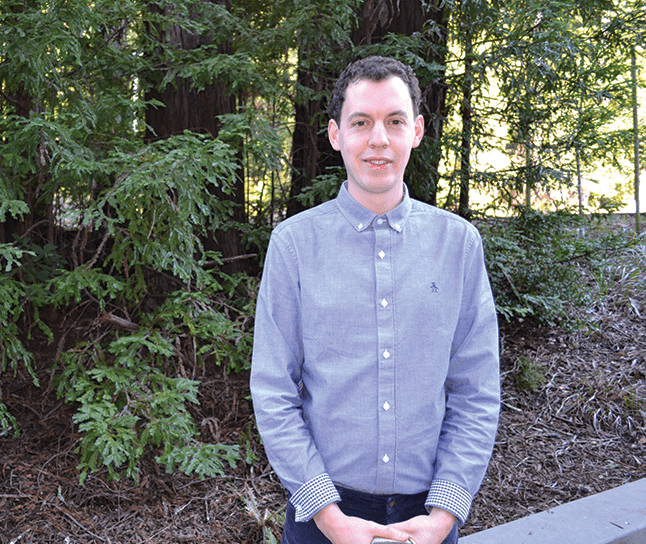Pictured: Benedict Paten, Director of the Computational Genomics Lab and Assistant Professor of Biomolecular Engineering
Jan. 29, 2019
SAN JOSE, Calif. & SANTA CRUZ, Calif.–(BUSINESS WIRE)–Western Digital Corp. (NASDAQ: WDC), the UC Santa Cruz Genomics Institute and Baskin School of Engineering announced today that they have entered into a multi-year, joint research and development agreement to accelerate genomics sequencing workflows using computational storage technology. Results from this research could ultimately lead to the acceleration of clinical genomic analysis and precision medicine diagnoses at scale.
Currently, identification and treatment of cancers using genomic diagnostics is slowed by the time-consuming process of moving massive amounts of data to the computing resources. Research scientists at the UC Santa Cruz Genomics Institute, Baskin School of Engineering at UC Santa Cruz and Western Digital believe that moving computational capabilities closer to data storage will help speed the process of identification and treatment.
Western Digital is researching a novel computational storage architecture to test this theory at scale. “Our new architecture will distribute computation within a single computer system across multiple computational storage devices, each with its own storage and its own customizable computing resources,” said Robin O’Neill, head of emerging systems and software in the Office of the CTO. “By moving the compute to the data, rather than the data to the compute, we expect to take advantage of significantly greater bandwidth access to the genomics data by the near-media compute, as well as the custom, parallel computing capabilities within each computational storage device.”
To take best advantage of this new computing architecture, the collaborating organizations are researching the optimal partitioning and placement of genomics data across the computational storage devices. They are also researching how to accelerate core functions within each device to accelerate performance and minimize host system requirements. This may also be an overall reduction in power consumption which translates to lower overall total cost of ownership.
“Genomic data is on a trajectory to grow faster than almost every other type of data in the world. Moving the compute to the data is a key strategy already being adopted at the software layer in several global genomics initiatives. With the support and close collaboration of Western Digital’s team we’ll be able to take this all way down to the hardware layer,” said Benedict Paten, Director of the Computational Genomics Lab and Assistant Professor of Biomolecular Engineering.
[ Read more ]
